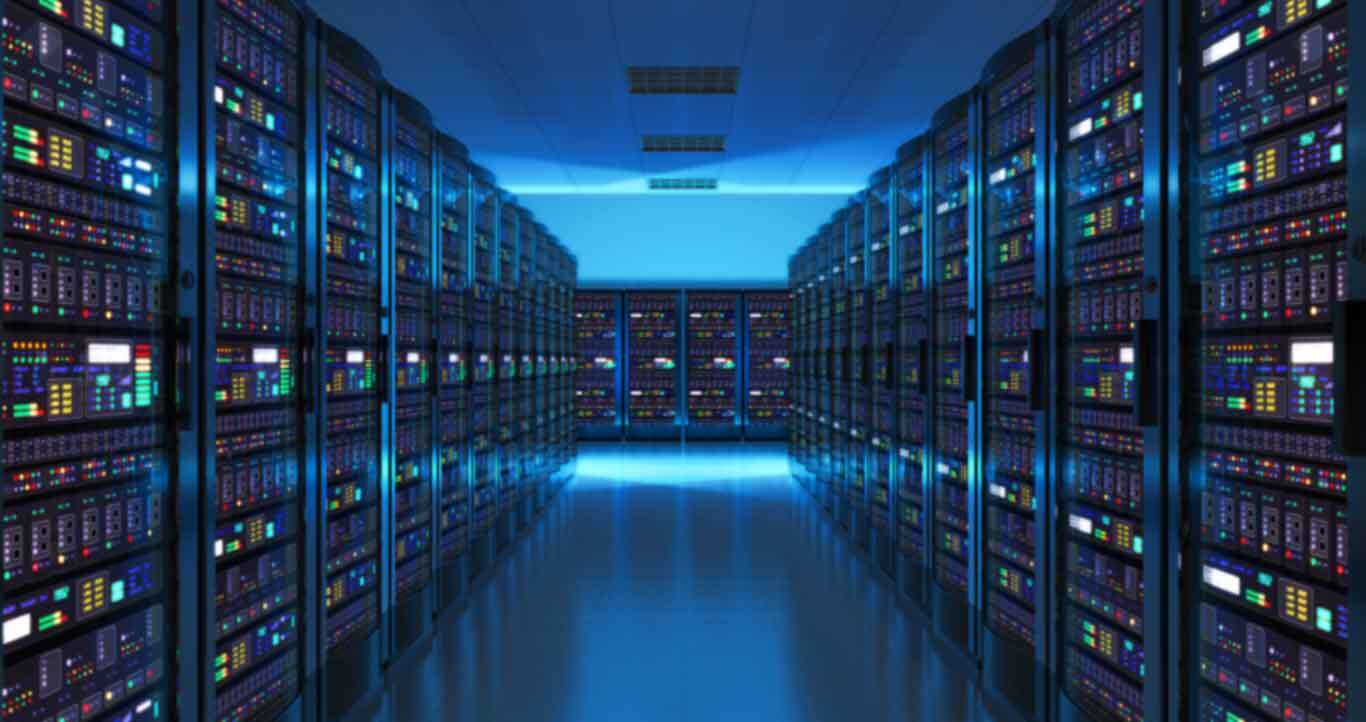As square footage in Europe's data center industry rises steadily, so too does the sector's power demand. And against the backdrop of corporate sustainability targets, that means an increased focus on renewable electricity. The Big 5 — Amazon, Apple, Google, Facebook and Microsoft — have all signed deals in recent years to purchase renewable power in Europe and are also at the forefront of the corporate push for green energy globally.
Wind power in the Nordics
Power in EMEA data centers is set to increase by 2.8% in the next 5 years, according to 451 Research. A sizable chunk of the wind farms put into construction in the Nordic region in the past five years, for instance, have benefited from contracts — known as power purchase agreements (PPAs) — with Big Tech companies, said Justin FitzHugh, vice president of business development at Oslo-based advisory firm Arctic Securities AS.
"For Vattenfall such deals mean revenue visibility and stable returns in an environment of decreasing government subsidies for new ventures", said Erik Suichies, head of Vattenfall's European wholesale customer business. The Swedish government-owned company has signed power purchase agreements with several technology giants in the Nordics. Suichies predicts growing demand from members of "RE100:, a alliance of companies aiming for 100% renewable energy by 2030.
"Contracts with data centers are talor made to site requirements", Suichies said. "Additionality is quite a big point," he added, referring to companies' desire to sign deals with new projects that depend on the PPA in order to get built, maximizing the green benefit, rather than with wind or solar farms already in operation. "That can make it challenging, because those things need to come together," he said.
In order to achieve additionality, corporate electricity buyers, also called off-takers, have to enter deals before projects enter construction, which inherently raises some risks. "If the project is being built already, then any additionality argument is weakened," said FitzHugh. At that point, there is an element of construction risk, which in practice mainly relates to construction delays.
Big 5 vs. Colocation companies
In the data center realm, these challenges are creating a divergence in PPA activity between the Big Tech companies that generally own their own facilities and the operators who rent out their servers to third-party clients. While some multi-tenant operators like giants Equinix Inc. and Digital Realty Trust Inc. are also routinely contracting green power through PPAs, they are the exception among their peers, who are generally less active on the PPA scene.
Beyond uncertainty over future power requirements, smaller entities also often cannot fulfill the credit requirements that financiers of renewables projects need. "Only 25% of the market seems to be creditworthy enough to also connect to longer-term contracts. … It's a tricky balance," said Vattenfall's Suichies.
Backup technology ripe for overhaul
While power consumption is increasingly being switched to green sources, some elements of data center operations are much more difficult to decarbonize. Backup generation used during power outages is overwhelmingly diesel, not only in Europe but also in the U.S., where data center hubs in California and beyond continue to see their air quality affected by the fumes. In EMEA, diesel capacity at data centers has steadily risen in the past five years, standing at just over 6 GW today, according to 451 Research.
Owner-operators of data centers have a natural advantage when it comes to reducing the need for diesel backup power, as they can switch between data centers in the event of an outage. Big Tech is investing heavily in building this sort of resilience, said Andrew Jay, head of EMEA data center solutions at commercial real estate firm CBRE.
As a result, "In the next 10 years some of the Big tech companies will go to no backup at all," Jay said. Older facilities, typically owned by multi-tenant operators, may find eradicating diesel more difficult, Jay said. Switching to lithium-ion batteries as an alternative backup power source is expensive and inadequate for outages lasting more than a few hours.
For new (colocation) data centers, there will likely be a pivot toward greener backup power. Vattenfall's Suichies said. While there are initial requests for battery storage backup solutions, the cost calculation is not quite adding up just yet. "I think we will see quite an interest in the coming years," he concluded.














